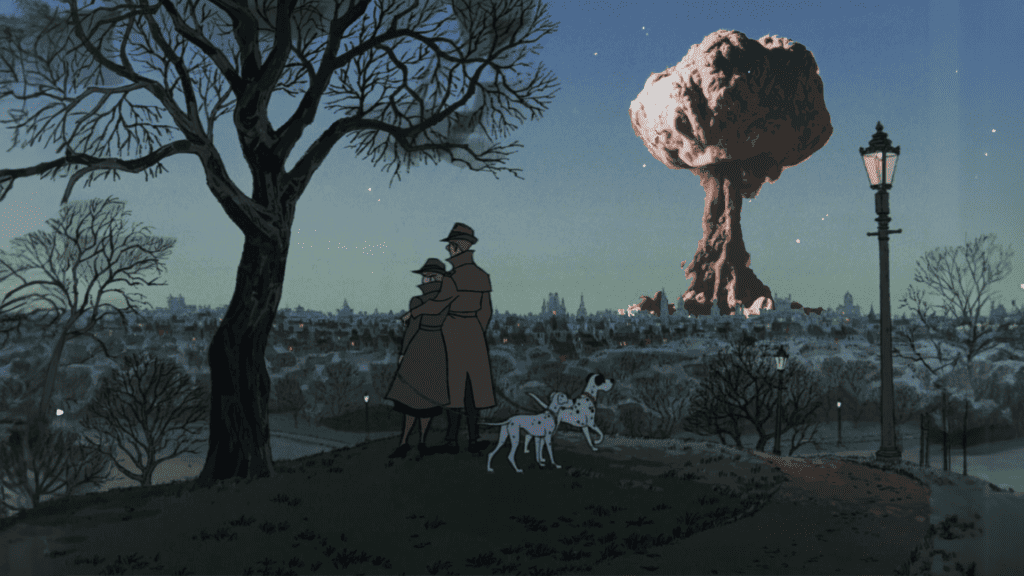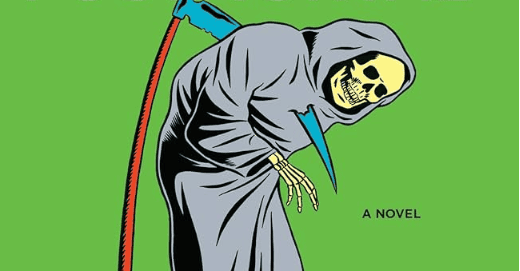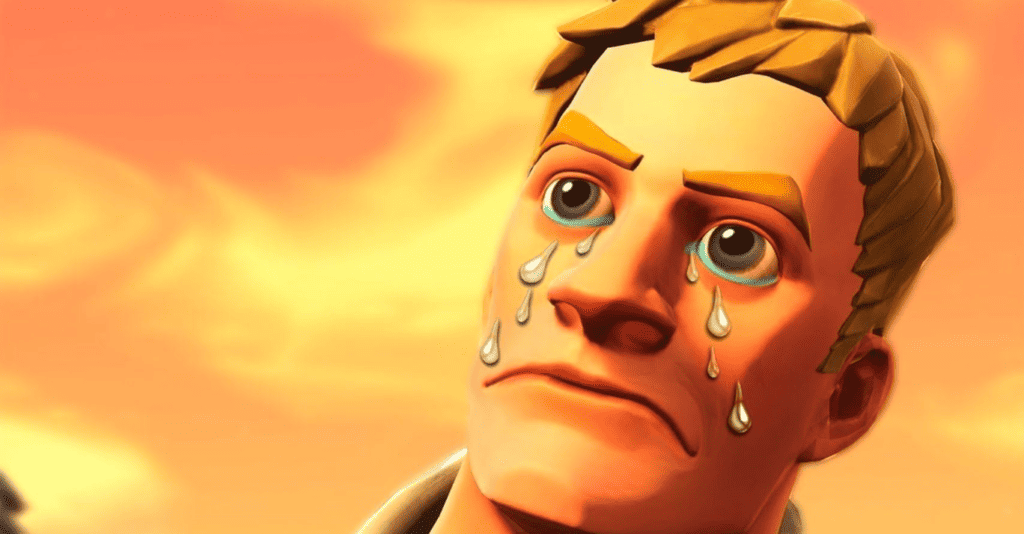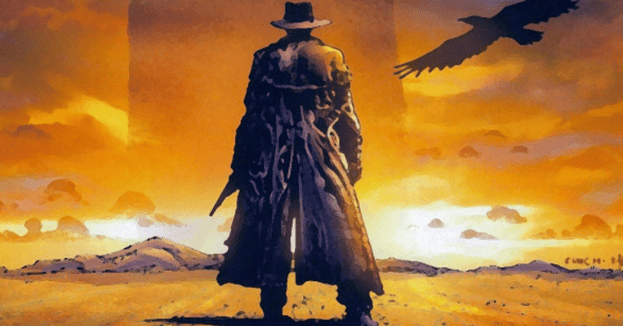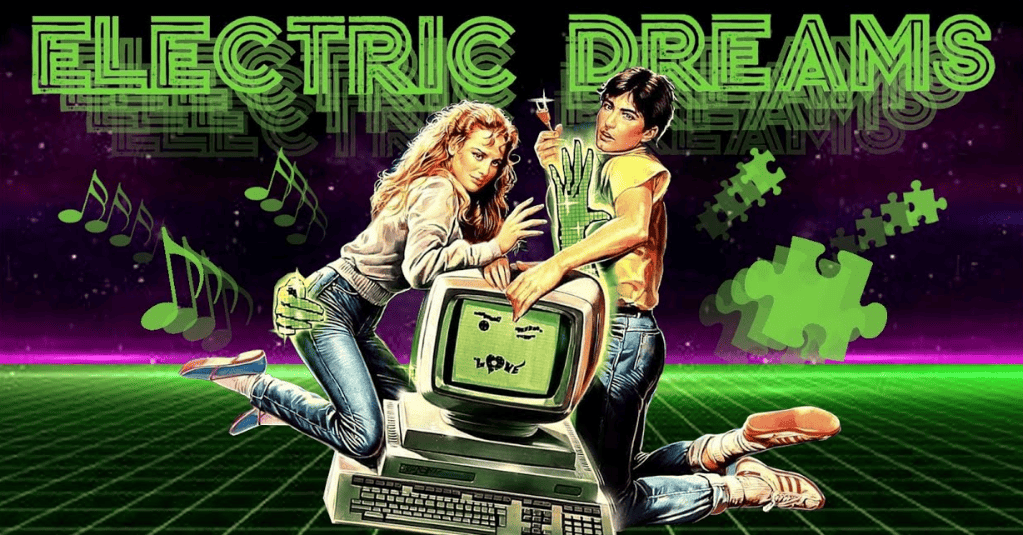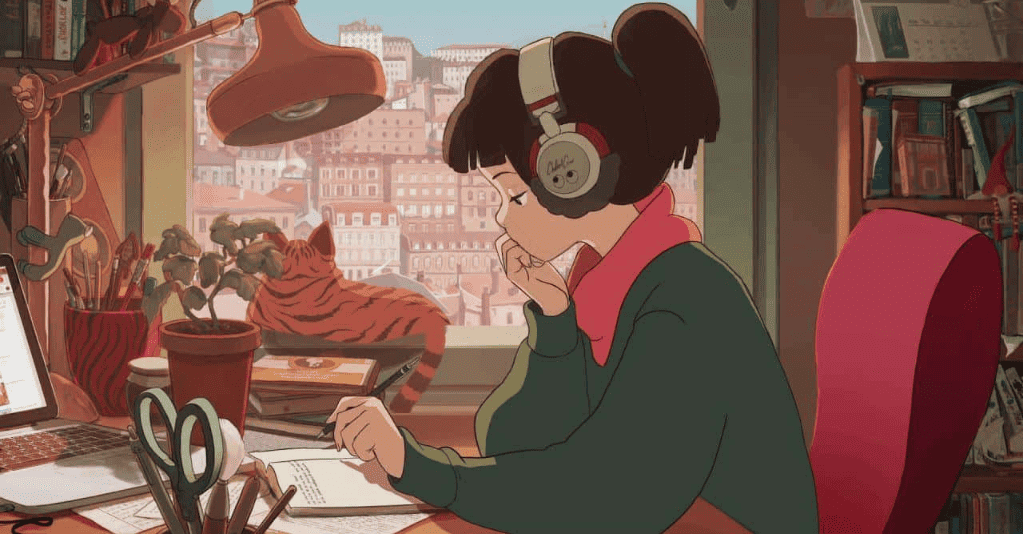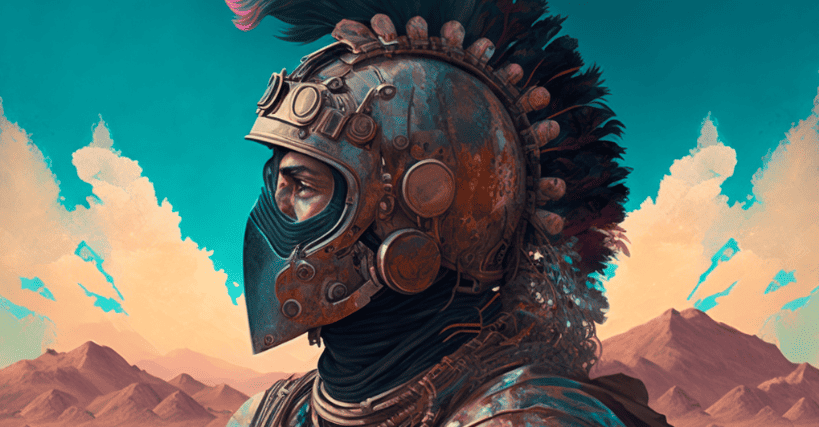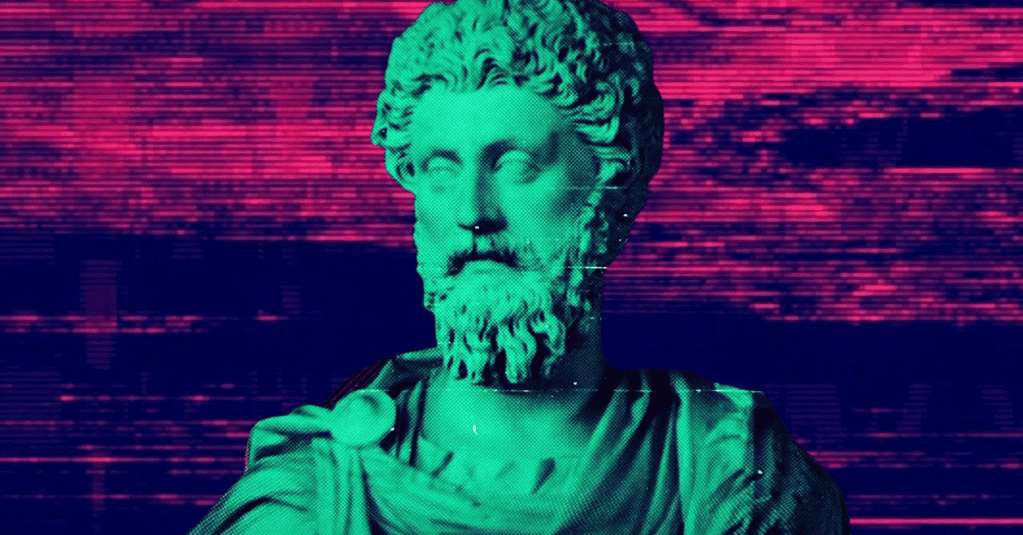101 Dalmatians Has a Dark Sequel I Bet You’ve Never Heard Of – The Twilight Barking
Disney’s animated classic “101 Dalmatians” was, in its own right, a bit of a dark horse. Or perhaps, in this case, a dark dog. Cruella de Vil’s obsession with fur coats made even the most hardened of Disney fans raise an eyebrow. But despite this subtle darkness, Disney played it safe with their live-action adaptations, sequels, and animated spin-offs of the 101 Dalmatians franchise. It’s time for them to take a leap into the shadowy abyss and adapt the 1967 novel, “The Starlight Barking,” into a darker, grittier sequel that probably never heard of. The 1961 animated masterpiece introduced us to the lovable Dalmatian duo Pongo and Perdita, who embarked on a harrowing adventure to save their spotted offspring from the fur-loving clutches of Cruella. But Disney couldn’t resist the lure of creating their own sequels and spin-offs. They even dared to venture into the world of live-action, with Glenn Close taking on the iconic role of Cruella in “101 Dalmatians” (1996) and “102 Dalmatians” (2000). And of course, let’s not forget the plethora of animated shows and spin-offs, like “101 Dalmatians: The Series.” It seems like Disney was content with milking this cash cow by keeping things light and kid-friendly, but seemed to pass over the true successor to the 1956 novel The Hundred and One Dalmatians. Most people don’t know, lurking in the shadows was Dodie Smith’s “The Starlight Barking,” a novel that, unlike its predecessors, takes the 101 Dalmatians saga to a much darker and enigmatic place. This novel picks up where the original left off, with Pongo and Perdita basking in domestic bliss. But little do they know, they’re about to embark on an interstellar journey that takes them and the entire canine world to new heights, both literally and metaphorically. One morning, our beloved dog couple woke up to the most peculiar of phenomena: every living thing, except for dogs, had decided to hit the snooze button indefinitely. While humans and the rest of the animal kingdom were in a deep slumber, our four-legged friends found themselves in a rather unique predicament. They weren’t plagued by hunger, thirst, or weakness. Instead, doors, gates, and machines obeyed their every command. To top it all off, the dogs suddenly gained the power of telepathy, allowing them to communicate with their fellow canines from miles away. It’s a bit like a twisted dream, except that it’s all too real. Amid this topsy-turvy world, Cadpig, Pongo and Perdita’s 12th and smallest puppy, (Previously had been given as a gift to by Roger to the Prime Minister) had taken her master’s reins in the humans’ absence, decided it was high time to rally the troops. She sent out a distress signal to her parents, Pongo and Perdita, summoning them to London. The city was bustling with hundreds of dogs eagerly awaiting Cadpig’s sage advice, for it seemed like the dogs were the only sensible creatures left. Our furry friends soon discovered that they had a new superpower – the ability to “swoosh.” They could hover at breakneck speeds over the ground. Pongo and Perdita, with their wits about them, selected a crack team of fifty Dalmatians, including their adult pups Patch, Lucky, and Roly Poly. The squad embarked on a “swooshing” adventure to the heart of London, escorted by a pack of no-nonsense Police Dogs. Their destination: the hallowed grounds of 10 Downing Street, where political hounds and top dogs were convening. In a bizarre twist of fate, Cadpig and her Cabinet, a canine collection of the human Cabinet’s loyal pets, huddled for a meeting with the Dalmatian duo. It was a gathering that could only be described as “pawsitively” extraordinary. Amidst the discussions, Roly Poly found himself a kindred spirit in George, the Foreign Secretary’s Boxer. Together, they embarked on a whirlwind adventure that would make tails wag. As the story unfolds, two sharp-eared Fox Terriers catch wind of the General (The Old English Sheepdog from the animation) barking. The General has some news, revealing the impending arrival of his owner’s son Tommy, the farm tabby Mrs. Willow, and the esteemed White Persian Cat. These three had earned the title of “honorary dogs” after the events of the first book, and now, they were among the awakened. When they finally hit the bustling streets of London, the White Persian Cat, with a glint of vengeance in her feline eyes, suggested that Cruella, the notorious antagonist, was the puppeteer pulling the strings behind the bizarre sleeping epidemic. In a chilling mission with claws unsheathed, she led a pack of determined dogs to Cruella’s lair with murder on their minds. But, to their eerie surprise, Cruella and her husband slumbered as soundly as any other victim of the canine-induced somnolence. Instead of fur coats, Cruella now dreamed of metallic plastics. The animals, choosing the path of mercy, spared her life and made their way back to Downing Street. Just as you thought the twilight had revealed all its bizarre secrets, the television crackled to life, and an unsettling Voice echoed through the silence. It ordered the dogs to assemble in open, starlit spaces by midnight. But how on Earth, or in this case, in this topsy-turvy canine carnival, could they pull off such an odd command? The answer lay in Twilight Barking and thought waves, a method as peculiar as the circumstances themselves. In the heart of Trafalgar Square, Tommy, the felines, the Dalmatians, and the General converged with thousands of other dogs, preparing for whatever peculiar climax this surreal story had in store. When the clock struck midnight, a strange euphoria washed over them, followed by a chilling dread. And then, like a character from a cosmic nightmare, Sirius, the Lord of the Dog Star, appeared atop Nelson’s Column. Sirius spun a tale that was equal parts alluring and sinister. He revealed his loneliness, extending an invitation to the dogs to escape the potential horrors of a looming nuclear future brought …
101 Dalmatians Has a Dark Sequel I Bet You’ve Never Heard Of – The Twilight Barking Read More »

